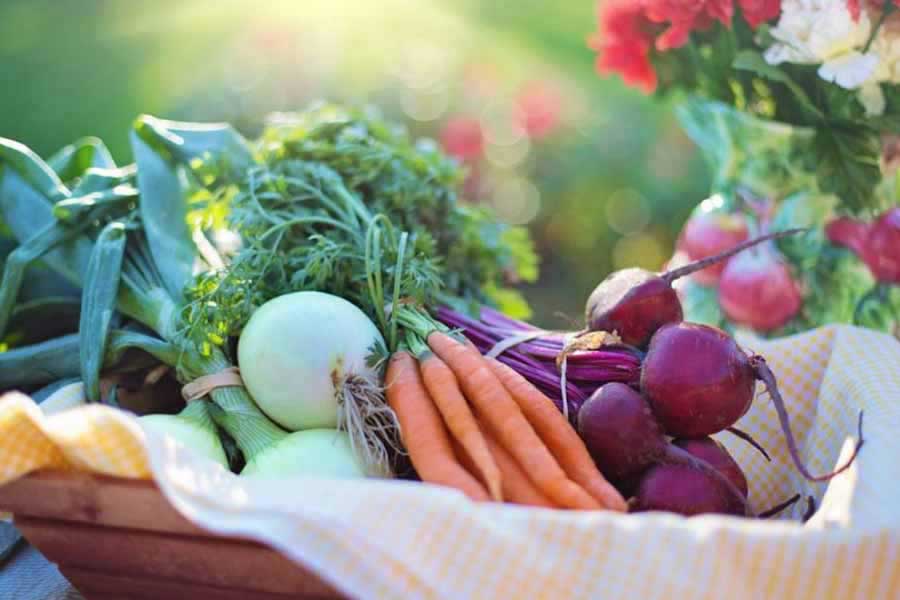Seasonal cycles, shifts in the weather, and even the move from night to day are not external artifacts. The environment is in constant flux, and we are in flux with it. In the animal kingdom, this shows in cycles of fertility, migration, and many aspects of behavior. These shifts in the environment have influenced human activities, physical and cultural, for millions of years. Our bodies still dance to the rhythm of natural change. Macrobiotics is built around the simple insight that learning to cooperate with natural cycles is productive for health. It is a plant-based diet with non-perishable foods, such as whole grains and beans at the foundation, that is the hope for the future. Macrobiotic nutrition advocates regional and seasonal eating to reduce food waste and to lower the environmental effect of food transportation, both serious issues in the discussion of food choices.
Food Mileage
The world of international food distribution is topsy-turvy, costly and wasteful – but profitable. Cod, caught off Norway, is filleted in China, then shipped back to Norway for sale. Argentine lemons fill supermarket shelves on the Citrus Coast of Spain, while local lemons rot on the ground.[1] International trade agreements mean that fuel for international sea and air freight is not taxed. Cheap slave labor in Africa provides greenhouse salad and vegetables to Europe, at a far lower cost than local produce.
As competition for food becomes more relevant, so does the issue of local and regional food security. Cheap labor in poor countries not only entails shockingly high ‘food miles’, but undermines local, sustainable agriculture. The cheap labor pay-out, rather than providing security to the host nations, makes them even more dependent on single export crops. This is Corporate Colonialism.


